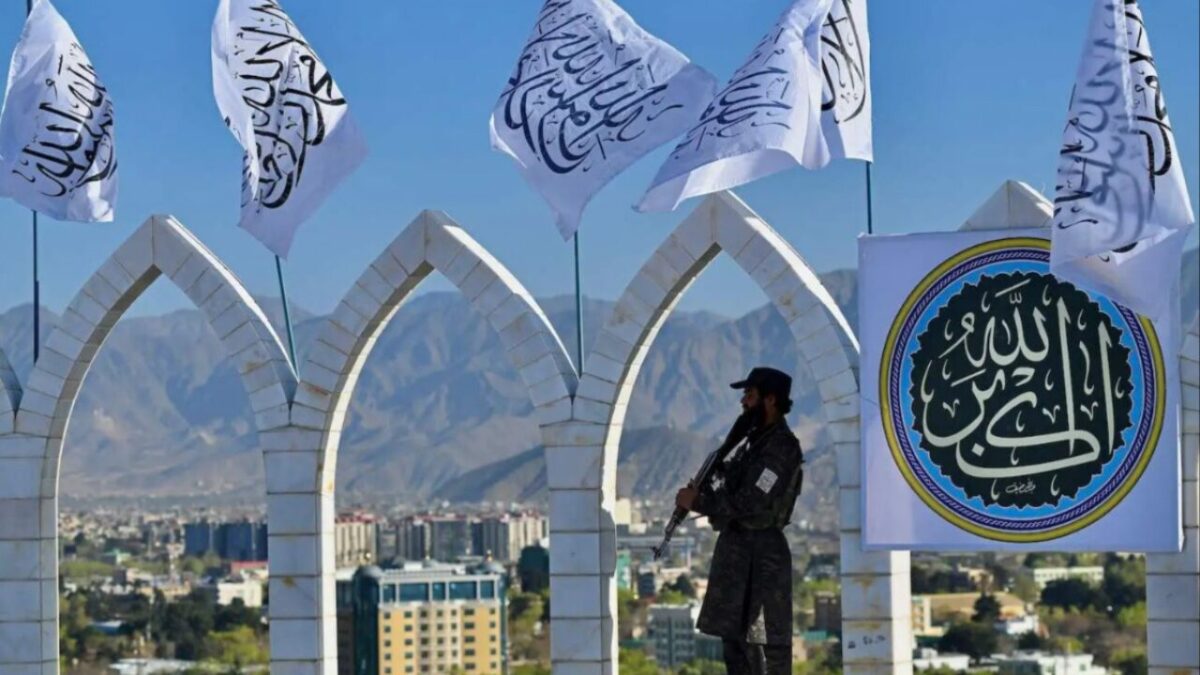The Australian Institute of International Affairs (AIIA) has warned that increasing engagement with the Taliban risks legitimizing its regime and policies, according to a new analysis.
Emeritus Professor William Maley, writing for the AIIA, argued that while the Taliban is working to suppress moderate and democratic Afghan voices, these efforts may ultimately falter. However, he emphasized that the Taliban’s primary objective remains expanding “de facto” recognition on the global stage.
“Growing engagement with the Taliban does risk legitimizing them and their policies, irrespective of what some Afghan businessmen may argue,” Maley wrote. He noted that the Taliban would undoubtedly view such engagement as a victory.
Maley further explained that many political leaders in democratic countries would be hesitant to appear aligned with the Taliban, given the potential political backlash at home. “No one wants to be seen as the Taliban’s best friend,” he said.
His analysis comes in the wake of a meeting held in Qatar from June 30 to July 1, 2024, where the United Nations welcomed Taliban representatives but excluded Afghan women from the discussions. The Taliban’s policies of gender apartheid were also left off the agenda. Maley suggested that the Taliban, emboldened by this event, is now seeking to undermine Afghan diplomatic and consular missions that remain outside its control.
Hadia Sahibzada, an Afghan women’s rights activist, criticized the international community for what she called “double standards” in its dealings with Afghanistan, accusing global powers of emboldening the Taliban by ignoring its human rights abuses.
“We call on the international community and the UN to take concrete action, impose sanctions on the Taliban, and refrain from engaging with them,” she said.
Maley also argued that the Taliban is attempting to “bully” its way to international recognition. He advised governments to either ignore Taliban overtures or reject them with the diplomatic response “nul et non avenu” (“null and void”).
The analysis also noted that the United Kingdom and Norway are reportedly moving to close Afghan embassies in London and Oslo. Maley described the closure process as unusual, stating that it has not been officially announced via formal diplomatic channels or mentioned on the foreign ministry websites of either country, possibly due to “some embarrassment.”
Meanwhile, the Taliban has recently appointed Abdul Ghafar as its ambassador to Uzbekistan, signaling its efforts to gain control of Afghan embassies abroad. Ghafar is expected to assume charge of the Afghan embassy in Tashkent.
Afghan women continue to call on the international community not to overlook the Taliban’s severe restrictions on women’s rights. A female resident of Kabul, speaking on condition of anonymity, urged world leaders to pressure the Taliban.
“Since the Taliban’s takeover, they have barred us from pursuing education, trying to tie our hands and feet,” she said. “We ask the world to put pressure on the Taliban to address our problems.”
The Taliban has claimed to be improving its engagement with the international community, but no country has formally recognized its government. A new law from the Taliban’s Ministry for the Promotion of Virtue and Prevention of Vice, recently criticized by the UN, is expected to complicate future engagement with the regime.





